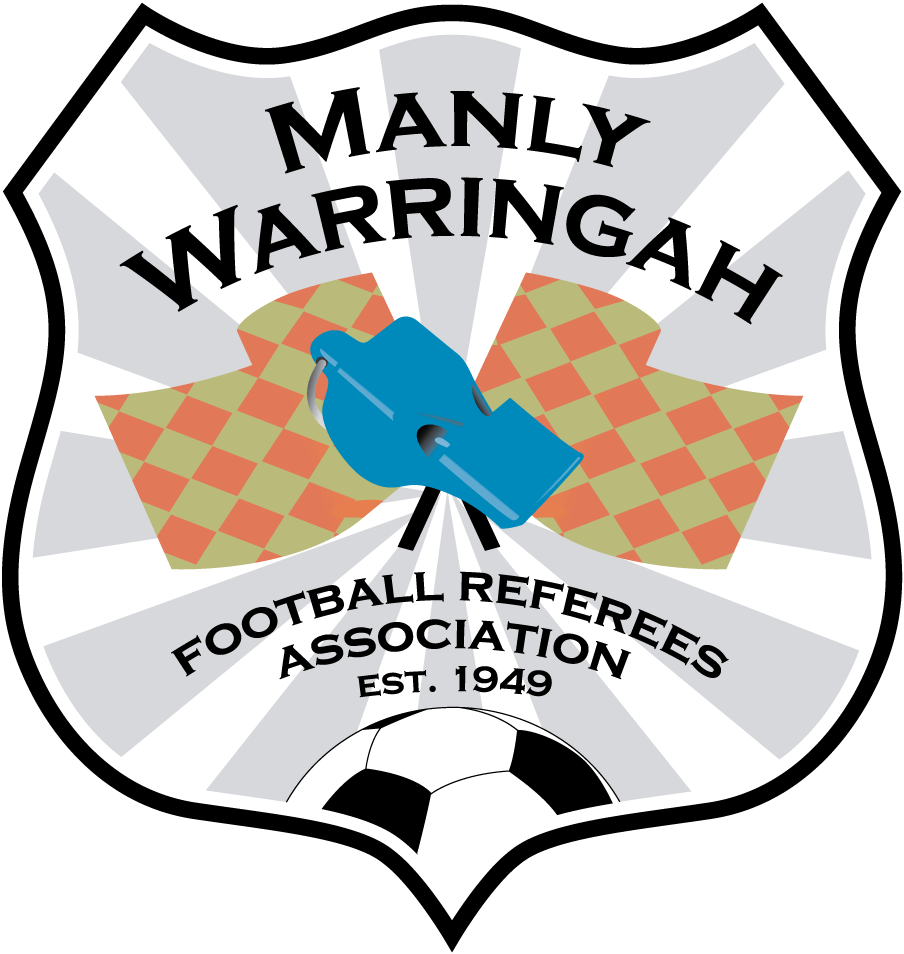The MWFRA, with the support of the MWFA, has issued guidelines to all referees and MWFA clubs aimed at educating MWFA players and team officials towards reducing the prevalence of public swearing at MWFA football matches.
Public swearing is defined as the use of language by players or team officials containing swear words which is audible to people present at the ground but which does not rise to the level of offensive, abusive and/or insulting language.
The use of offensive, abusive and/or insulting language and/or gestures by a player, substitute or team official remains, of course, an offence for which the offender will be sent off.
Referees are instructed to act upon all instances of public swearing by players in the following manner:
- For low level public swearing (in audibility and/or content), the referee should have a quiet word with the player.
- For medium level public swearing (increased audibility and/or content), the referee should issue a public warning to the player. The referee must wait until the ball is out of play before issuing the warning.
- For high level public swearing (increased audibility and/or content but falling short of offensive, abusive and/or insulting language), the referee should caution the player for unsporting behaviour.
Referees retain some discretion in the application of these instructions in instances where there are mitigating circumstances including, but not limited to, an injury or self-directed swearing.
Referees are also instructed to act upon players who repeatedly engage in public swearing. The instructions above can be interpreted as an ascending scale of action in the case of repeat offenders but, at the same time, should not also be interpreted towards excusing first instances of public swearing or avoiding to take ascending action.
Repeatedly having quiet words with a repeat offender means that those quiet words are not having the desired effect and, therefore, not resolving the problem of public swearing that the ascending scale of action is intended to resolve.
Referees who intend to caution a player for engaging in high level (or repeated) public swearing must be able to identify the offending player. Referees who have heard public swearing but cannot identify the offending player are advised to take alternative measures in addressing public swearing.
In instances of public swearing by team officials, referees (and fourth officials) are instructed to act in the following manner:
- For low level public swearing (in audibility and/or content), the referee (or fourth official) should ask the team official to desist.
- For medium level public swearing (increased audibility and/or content), the referee (or fourth official) should warn the team official to desist. If the referee issues the warning, it should be issued once the ball is out of play.
- For high level public swearing (increased audibility and/or content but falling short of offensive, abusive and/or insulting language), the referee (or fourth official) should warn the team official that further public swearing may result in his or her dismissal from the technical area.
As with players, referees are instructed to act upon team officials who repeatedly engage in public swearing. The instructions above can be interpreted as an ascending scale of action in the case of repeat offenders that moves from asking to telling to warning.
Referees should consider the significant threshold level at which the behaviour of a team official, in relation to public swearing and apart from the use of offensive, abusive and/or insulting language, warrants his or her dismissal from the technical area.
Referees who dismiss a team official from the technical area for their irresponsible behaviour must report that dismissal and the nature of that irresponsible behaviour by submitting a citation report.
As part of these instructions, referees are reminded that repeated and/or continuous appealing, arguing and/or complaining by players or team officials about the referee or the decisions of the referee that lacks respect for the referee and is aimed at undermining the authority of the referee is to be considered as dissent. In such instances, referees cannot allow such behaviour to stand and must caution the offending player for dissent. If it is an on-field player, they must be temporarily dismissed for 5 minutes for games up to 60 minutes and 10 minutes for games greater than 60 minutes.
The aim of these guidelines is to educate MWFA players and team officials that public swearing at MWFA football matches will no longer be tolerated and that the MWFRA, with the support of the MWFA, is actively working towards reducing its prevalence.
